NS and da bao mean something quite different here…
by Eunice Sng
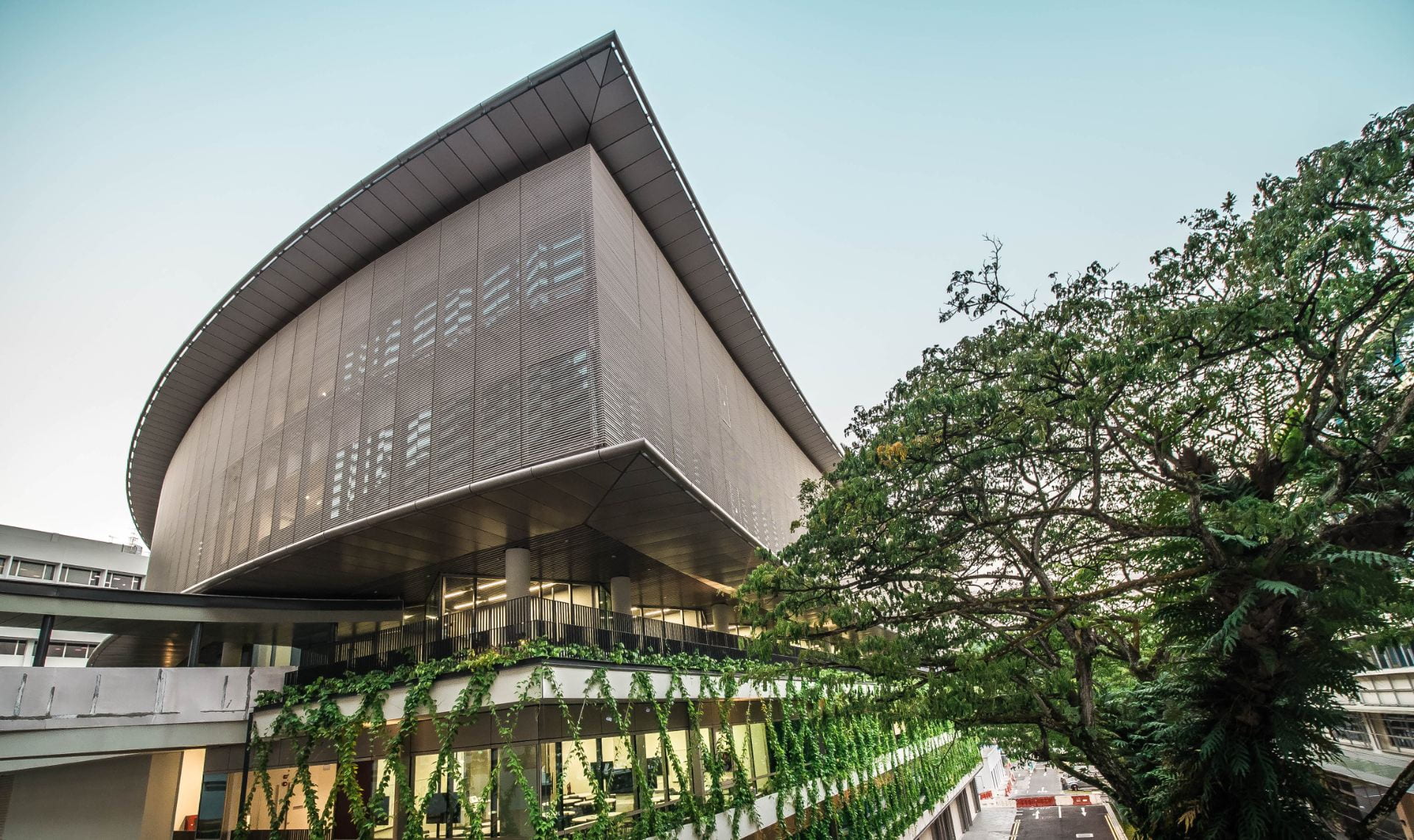
To all freshmen, welcome to university – or as we affectionately say, Pulau NTU. Many attest that coming to a campus tucked away in the far West of Singapore is like visiting another island altogether, and with that comes learning its unique set of linguistic terms along with its endearing qualities. From acronyms to truncated expressions, we’ve got you covered on the lingo you need to know to speak like a true-blue NTU dweller.
LOCATIONS
NTU’s lush 200-hectare campus is sprawled across hilly terrain and there are various buildings that you’ll need to get to for lessons, meals or just hanging out with friends. Names for different venues around NTU can be confusing, so let us break them down for you.
Common places
SS and NS are the shortened forms of South Spine and North Spine respectively. Humanities students usually hang around the former because their classes are located there, while NS is the go-to for many science and engineering kids.
The Hive is NTU’s famous beehouse-looking structure beside SS. The “combs” house tutorial rooms. The Arc (above) is another learning hub beside NS filled with tutorial rooms that double up as study spaces. North Hill refers to a cluster of residential halls – Binjai, Banyan and Tanjong. Look out for Hot Hideout at Binjai Hall, a popular spot for students to get their mala fix.
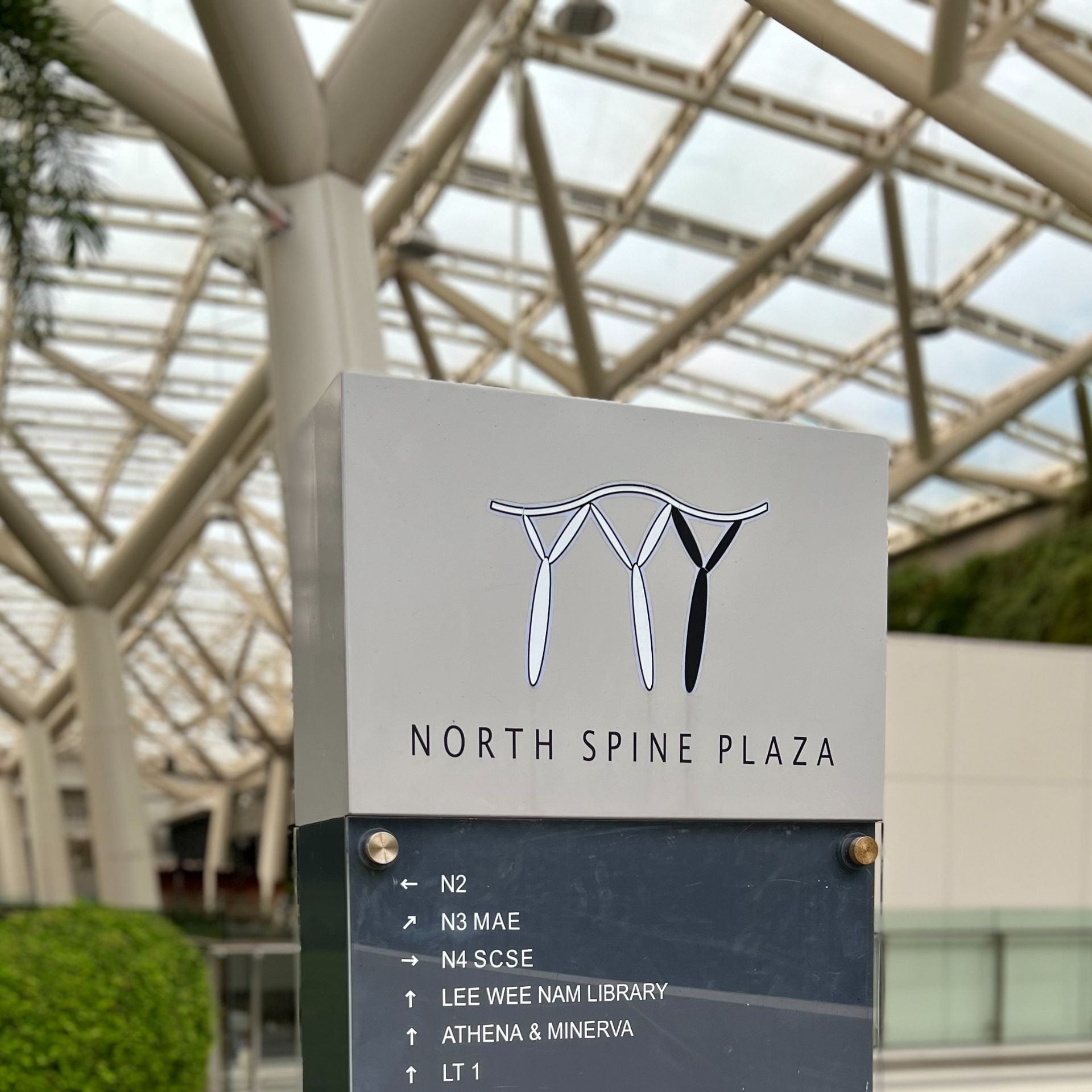

Schools
“Which school are you from?” is a common conversation-starter. To avoid burbling a long string of words, why not use abbreviations of the schools’ official names instead? Most of the school’s abbreviations are formed by combining the initial letters of the multi-word school name. For instance, Nanyang Business School is NBS, School of Chemical and Biomedical Engineering is SCBE and School of Social Sciences is SSS. Note that EEE for School of Electrical and Electronic Engineering is pronounced “triple E” and the short form of Lee Kong Chian School of Medicine is LKCMedicine. (LKCMedicine is housed in the EMB or Experimental Medicine Building, which you might be visiting soon to use the new learning studios there.)
ACADEMICS
Obtaining your desired courses during course registration periods can be anxiety-inducing, and that’s why students dub the process Star Wars. It’s literally a battle for the fastest fingers – those who click first get the modules they want while the rest who lag behind have to wait until their school’s Add/Drop period at the start of every semester to try again. STARS stands for Student Automated Registration System, the site where hundreds of students go to stare fixatedly at a red button, waiting for the war to begin. (The latest we hear is that this system is getting a makeover to take away some of the anxiety of the war.)
We all use the website Blackboard to access online learning materials. Professors will upload lecture slides, readings and videos there for classes every week. As you progress through Year 1, some might experience issues and fail a class (touch wood). If this ever happens, don’t panic! A safety valve is open to prevent your cGPA – cumulative grade point average from entering free fall. NTU has a policy that allows freshmen to retake or da bao modules, as NTU students like to say, in the subsequent semester. Your cGPA is graded out of 5 and reflects your overall score from classes taken over the years. Da bao-ing a module you failed thus gives you a second chance at obtaining a better cGPA.
Your workload for each semester is measured in terms of AUs, or academic units. The average number of AUs that students take varies across different majors. Standard modules are worth 3 AUs while more advanced courses are worth 4 AUs. FYPs, which stand for Final Year Projects, take up a hefty 8 to 10 AUs – again, the exact number depends on your school. If you want to clear more courses earlier in your studies, a neat trick is to complete a few approved MOOCs (Massive Open Online Courses) on Coursera and edX during your free time. These are usually 1 to 2 AUs each. Plus, MOOCs are graded as Pass/Fail, so you don’t have to worry too much about getting on top of the bell curve!
FOOD
There’s a ray of light amidst the darkness of mugging – food. With a truly generous range of options both on and off campus to satisfy your hunger pangs, it’s natural that NTU has special names to refer to these food haunts. If your hall mates are going for supper at extension, they are talking about a hawker centre just down the street from NTU that sells western food, prata and noodles even past midnight.
But those less inclined to leave the comfort of hall can also order food through a popular app called Wecome Cates, or more commonly known as Cates, by an NTU-incubated start-up. The platform fee is $0.30 and there are standard timings for lunch, dinner and supper where the vans will drop off orders at fixed points across campus.
That’s not all. Famished students also patronise a stall endearingly nicknamed Ah Lian Bee Hoon at the nearby Pioneer MRT station. The store’s actual name is Bai Li Xiang Economic Bee Hoon, but everyone calls the place Ah Lian because the legend goes that a cranky owner used to operate the stall. Her notorious reputation did not diminish the bee hoon’s quality, though. Rather, it has made Ah Lian Bee Hoon even more iconic!
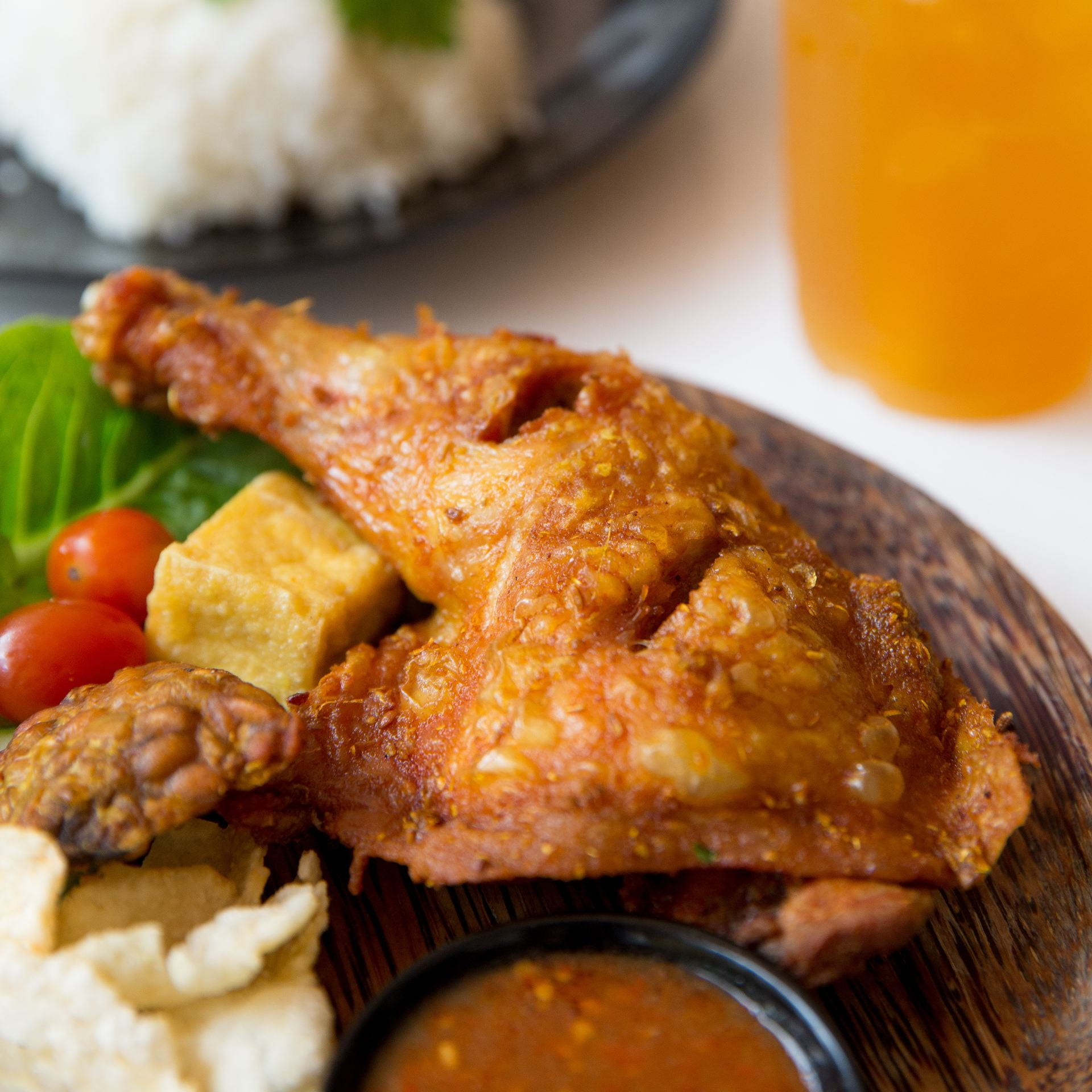
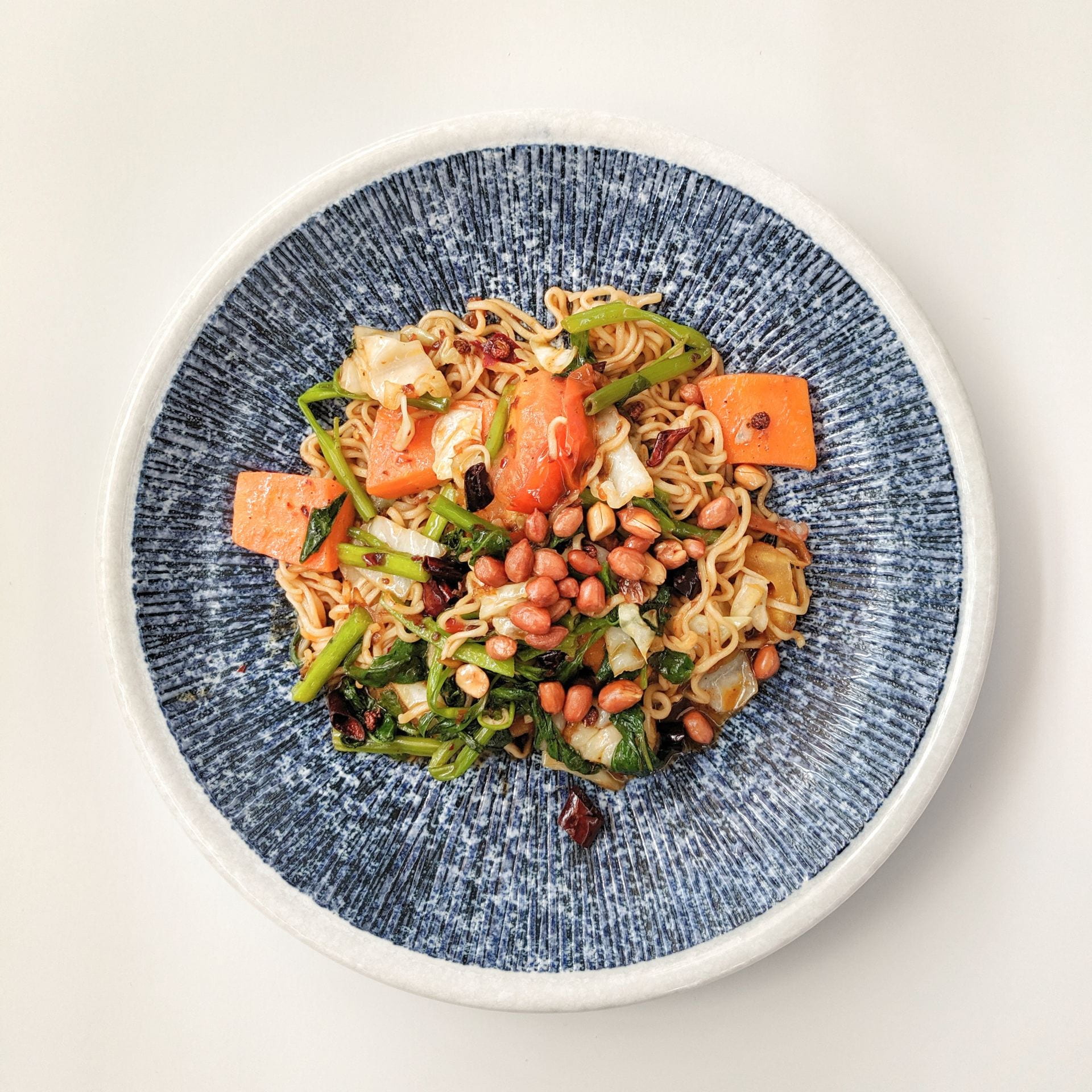
EVENTS
Hall dancers will know their biggest event of each year – HOCC, or Hall Olympiad Closing Ceremony. Students rehearse all semester and even sacrifice their studies to allocate time for each hall’s magnum opus, a dance performance complete with fancy sets, moving visuals and cool costumes. Other major events include the IHG (Inter-Hall Games) or IHRG (Inter-Hall Recreational Games) where halls compete against one another on different sports.
Plus, going through FOP (Freshman Orientation Programme) is a rite of passage for all freshies. Joining one of the Big 4 camps like UOC (Union Orientation Camp), Sports Camp, or those organised by WSC (Welfare Services Club) and CAC (Cultural Activities Club) gets you mingling with people from all over NTU. Smaller settings for socialising come in the form of your hall and school’s FOP.
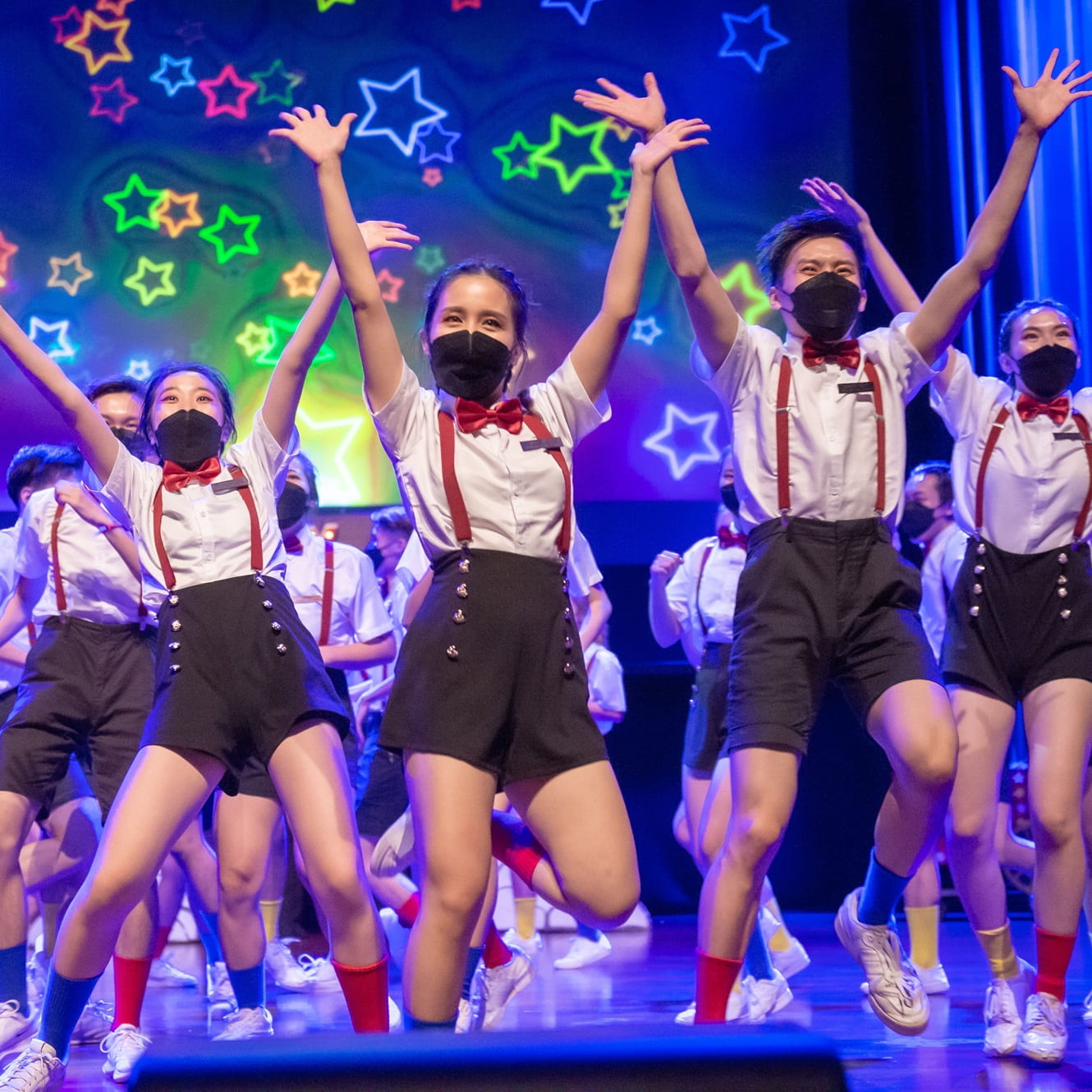
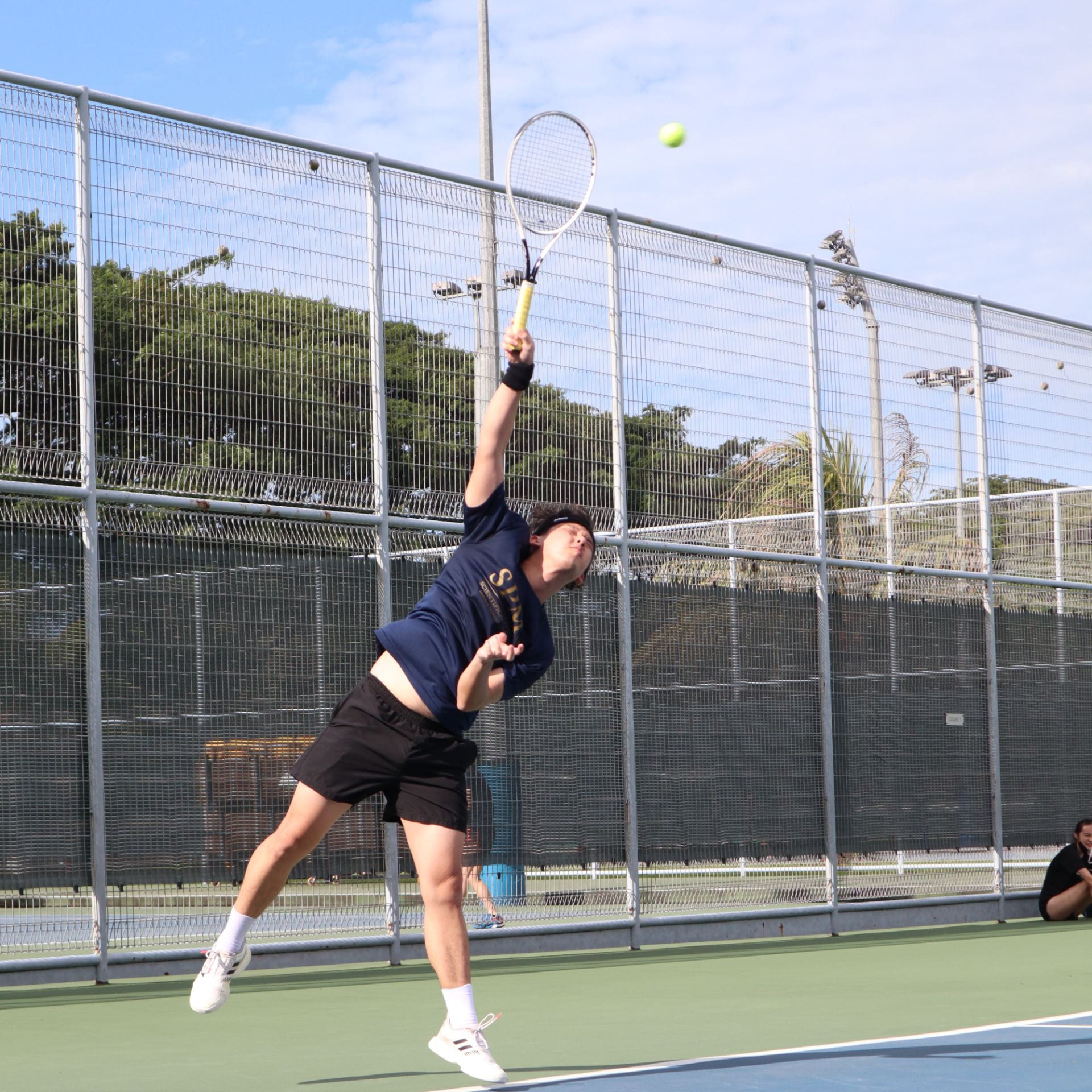
PEOPLE
Who are the first people you will meet in NTU? Your GLs. Short for group leaders, these seniors will guide you through orientation and share a wealth of advice about surviving the next three to four years. They’ll probably also link you up with NTU’s infinite number of clubs and societies. One of the most-well known CCAs is MJ, NTU’s very own hip hop dance society. MJ is an acronym for Modern Jazz, the genre that the club used to adopt. Despite changing their artistic direction over the years, they have kept the name and are known to attract the best dancers across NTU.
When you attend classes, figuring out what to call your lecturers may be a little tricky. You can generally address professors as prof. However, a few of them prefer to be referred to by their first name, so they will bring that up to you early in the semester. Just take note of it and adjust!
Moving on to residential life, each hall has its own student council to manage its internal events. An alternative label for hall council is JCRC, or Junior Common Room Committee. This used to be the old name for hall council until NTU rebranded it in 2019, but the term JCRC still sticks around. A good way to secure your spot in hall for the next academic year is to take on leadership roles, like joining the JCRC. You’ll more likely be placed on your hall’s Rec List (Recommendation List) and enjoy higher priority during hall allocation.

HEY! STUDENT WRITER

